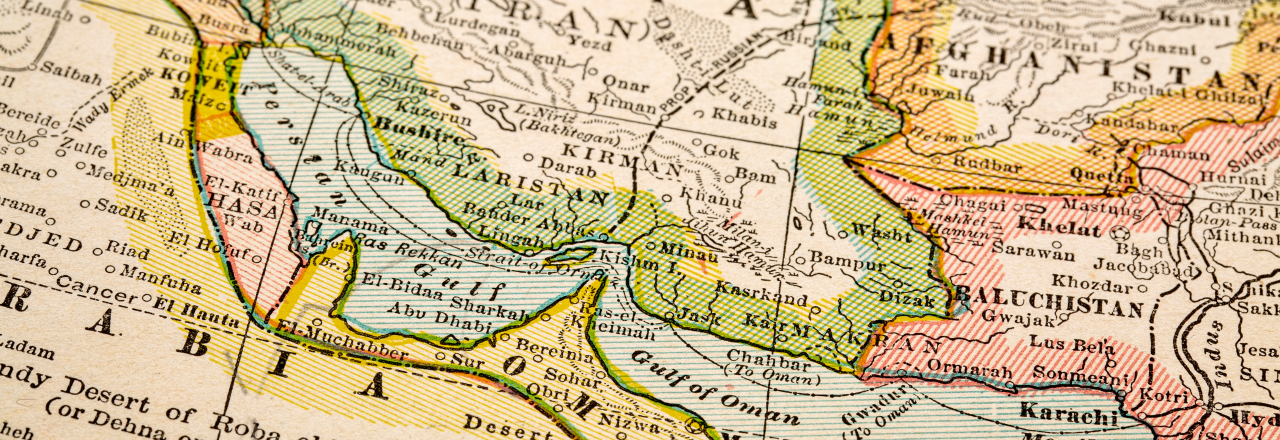
Call for Researchers for the Joint Study Group 2025: Gulf Countries and Climate Diplomacy in the MENA Region
EuroMeSCo are now opening calls for researchers to take part in the next edition of Joint Study Groups.
The EuroMeSCo Joint Study Groups 2025 will be made up of four Authors, including a Coordinator, who will jointly produce a Policy Study over a period of 6-7 months. Interested researchers may apply as Author or as Author and Coordinator to each Joint Study Group. In both cases, they will have to complete the online form and submit their application by Tuesday 7 January 2025, 23:59 CET.
Here is a brief description of the rationale of this Joint Study Group:
Gulf Countries and Climate Diplomacy in the MENA Region
The Joint Study Group could therefore focus on:
- Gulf-led Climate Diplomacy
Explore how Gulf countries are advancing climate diplomacy, both within the region and globally. This would involve examining their engagement in international climate frameworks, such as the Paris Agreement, as well as their participation in COP summits and their interactions with key global players like the EU, the US, and China. - Renewable Energy Initiatives
Explore the Gulf’s increasing focus on renewable energy adoption, particularly solar and wind energy, within the region. This includes analysing the strategic transition from fossil fuel dependency to green energy, with a particular emphasis on the major investments being made by Gulf states in large-scale renewable energy projects, both within their borders and internationally. Highlight key initiatives such as Saudi Arabia’s Vision 2030, the UAE’s Masdar City, and Qatar’s expanding solar and wind capacity, as well as regional collaborations aimed at advancing sustainability and reducing carbon footprints. - Carbon Management and Sustainability Models
Assess the efforts made by Gulf countries to manage their carbon footprint, focusing on large-scale carbon capture and storage projects (CCS), sustainable development goals (SDGs), and initiatives like the Saudi Green Initiative and the UAE’s Net Zero by 2050 strategy. - Environmental Governance and Regional Cooperation
Explore Gulf-led initiatives to enhance environmental governance across the MENA region. This could include collaborative projects for water management, desertification control, and biodiversity preservation, as well as the role of regional organisations in coordinating climate action. - Climate Finance and Investment
Examine the financial role of Gulf countries in supporting regional climate adaptation and mitigation projects. This would include funding for infrastructure, climate-resilient cities, and green technologies, both in the Gulf States and across other MENA countries. - Regional Security and Climate Change
Address how climate diplomacy intersects with regional security concerns. With climate change exacerbating issues like water scarcity, migration, and food insecurity, Gulf countries’ engagement in stabilising the region through climate action could be explored, including their support for vulnerable countries in the MENA region. - Implications for EU-Gulf Cooperation
Explore the role of the European Union in engaging with Gulf countries on climate diplomacy (i.e. EU-GCC Green Transition Project. With both parties aiming to transition towards a sustainable future, this section would address how EU policies on climate change and energy transition align with the Gulf’s goals and the potential for further cooperation. - Gulf States and Climate Action: Players or Spoilers?
Analyse whether Gulf countries, while advancing climate diplomacy, may simultaneously hinder global efforts to phase out fossil fuels. Focus on the perceived contradictions in their climate strategies, such as efforts to delay fossil fuel phase-out agreements at the COP28 and concerns over greenwashing. Look into whether initiatives like carbon sequestration serve to deflect attention from continued fossil fuel extraction and examine the differing positions within the Gulf, with the UAE keen on preserving COP28 outcomes, while countries like Saudi Arabia resist significant decisions on fossil fuels during international negotiations.
You may apply to more than one Joint Study Group but may eventually only be selected to join one of them.
See the EuroMeSCo Joint Study Groups 2025 Terms of Reference for more information.


